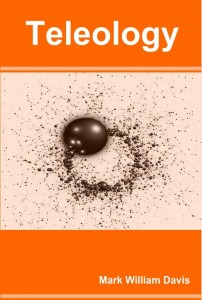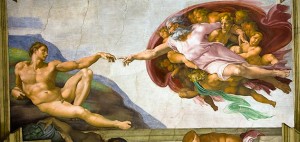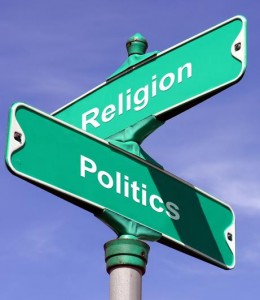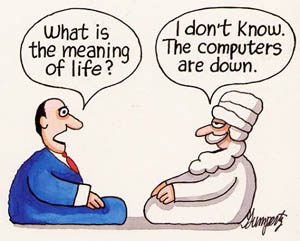 There is a temptation to be dismissive of “genre fiction” as being merely a fantastical diversion while “serious fiction” and, more relevantly, “realism” retain all of the gravitas that we want to ascribe to writing as an art. And realism must be somehow tied to everyday events because it must be realistic. But what if all art is inevitably bound to artifice in that there is no possibility of chaining a symbolic reference to its ostensible referent?
There is a temptation to be dismissive of “genre fiction” as being merely a fantastical diversion while “serious fiction” and, more relevantly, “realism” retain all of the gravitas that we want to ascribe to writing as an art. And realism must be somehow tied to everyday events because it must be realistic. But what if all art is inevitably bound to artifice in that there is no possibility of chaining a symbolic reference to its ostensible referent?
Thus we chain the crumbling infrastructure of logical positivism to postmodern literature. It is all artifice. There is always a black swan. It is all “mimetic persuasion” (Aristotle channeled through James Wood) where storms of metaphor haloed by limns of allusion and imitation conspire together to push the reader into a caricature of reality that “art…is a disproportioning–(i.e., distorting, throwing out of proportions)–of realities, to show more clearly the features that matter in those realities…” (Thomas Hardy). There is no reality in realism, just the font of imagination that tries to crystallize reality into regularized sheer planes of repetition, of character leitmotivs (oh, poor Proust), of voice, of metaphor, and of estrangement (from Dostoevsky to Nabokov).
We have, then, a bad theory in any scientific sense, where the theory has been overridden time and time again, making psychology look comparatively moored in its modest aspirations. At least psychology is converging with biology. But realism remains subdivided across the aesthetics of literary preference. It lives in fiefs and forts, much like architecture or modern art in general. There is not even local predictability to the grammar of aesthetic change. It may be that theory is not even the right word. Literary theory should be replaced with literary analysis and aesthetics should be untied from the dock of rationalism.… Read the rest








 An ever-present flaw in almost all theology and apologetics–and a flaw that is easily remediable–is the requirement for omnipotence, omnibenevolence, and omniscience (OOO) on the part of the structure of God or the gods. We see this in the argumentative doldrums of the
An ever-present flaw in almost all theology and apologetics–and a flaw that is easily remediable–is the requirement for omnipotence, omnibenevolence, and omniscience (OOO) on the part of the structure of God or the gods. We see this in the argumentative doldrums of the 

 The impossibility of the Chinese Room has implications across the board for understanding what meaning means. Mark Walker’s paper “
The impossibility of the Chinese Room has implications across the board for understanding what meaning means. Mark Walker’s paper “